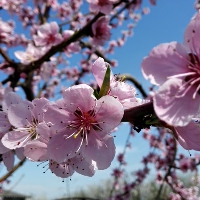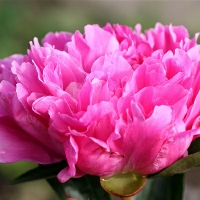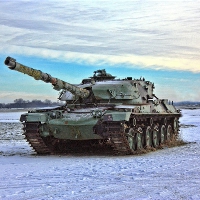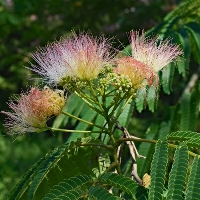Does the subjective examination of legal professional qualification issue a compilation of laws and regulations
For the subjective examination of legal professional qualification, the judicial administration organ shall uniformly provide electronic laws and regulations for the examinees, who can query them on the computer. The subjective question of the oral examination of legal professional qualification is a volume, including case analysis questions, legal documents questions, argumentation questions and other questions, with a score of 180 points. The specific subjects to be examined are: socialist theory of the rule of law with Chinese characteristics, jurisprudence, constitution, criminal law, criminal procedure law, civil law, commercial law, civil procedure law (including arbitration system), administrative law and administrative procedure law, judicial system and legal professional ethics.
Note: The subjective examination of the National Uniform Legal Professional Qualification Examination is computerized, and the questions, answer requirements and answer interface are displayed on the computer screen. Candidates should use computer mouse and keyboard to answer questions directly on the computer answer interface. The examination system supports five input methods: Sogou Quanpin input method, QQ Quanpin input method, Google Shuangpin input method, Sogou Wubi input method (version 86), and Jipin Wubi input method (version 86). Candidates in Hong Kong and Macao examination areas can choose to use Cangjie input method and crash input method, and candidates can use one of these input methods to answer. The examination system does not support handwriting board, voice and other auxiliary input devices and software.










